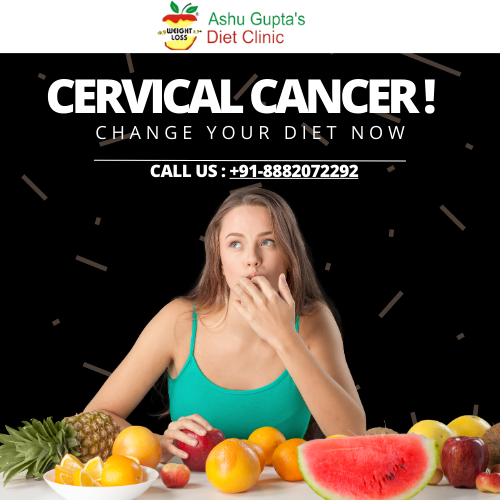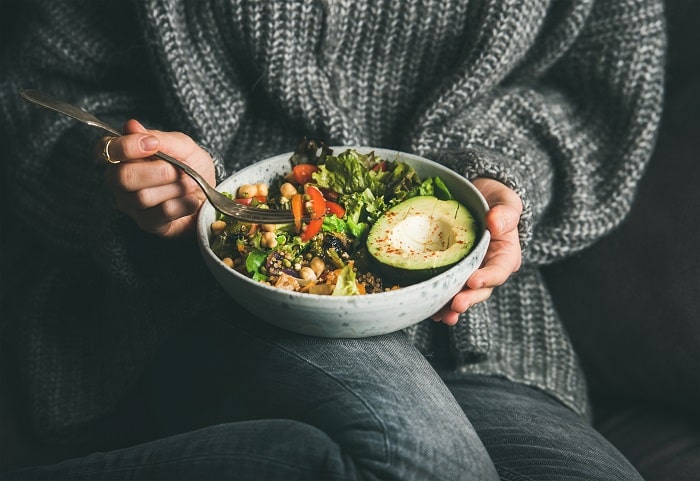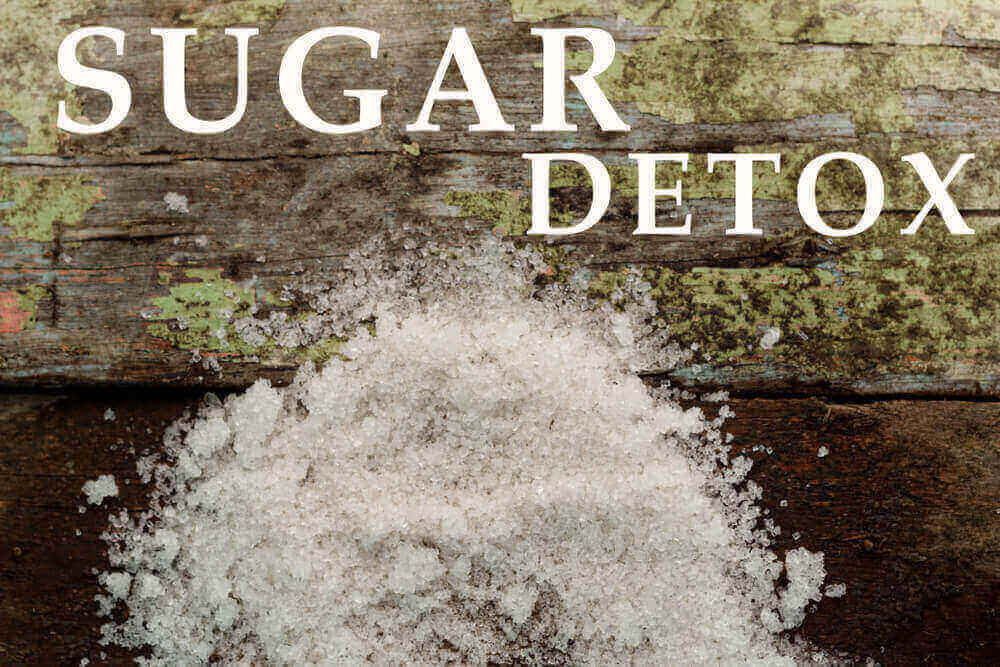Cervical Cancer Diet Tips
Cervical cancer is a type of cancer that develops in the cells of the cervix, the lowest portion of the uterus (womb) that links to the vagina. It is usually caused by the human papillomavirus (HPV), a sexually transmitted illness. Cervical cancer often develops gradually over time, beginning with precancerous alterations in the cervix's cells and advancing to invasive carcinoma.
List of some Cervical cancer causes-:
Diet alone does not cause cervical cancer. However, several dietary components may have an indirect impact on the chance of developing cervical cancer or contribute to the evolution of precancerous alterations in cervical cells.
Nutrient Intake: Consuming fewer fruits and vegetables may raise the risk of cervical cancer. Fruits and vegetables are high in vitamins, minerals, and antioxidants, which boost immune function and help prevent cancer.
Obesity: Being overweight or obese increases the risk of developing cervical cancer. Obesity can be caused by a bad diet high in processed foods, sugary beverages, and unhealthy fats, which can lead to hormonal imbalances and inflammation that encourage cancer growth.
Poor Immune Function: A diet low in key nutrients can weaken the immune system, making the body less capable of fighting infections, especially those caused by human papillomavirus (HPV), the leading risk factor for cervical cancer.
Smoking: While not directly linked to food, smoking is a proven risk factor for cervical cancer. Smoking can also be linked to other unhealthy lifestyle choices, such as poor eating habits, which all raise the risk of developing cervical cancer.

Try to avoid these foods to prevent cervical cancer
While food cannot prevent or cure cervical cancer, certain dietary choices may help lower the chance of acquiring the disease or improve general health during treatment. Here are some suggestions on things to avoid for cervical cancer prevention and treatment:
Processed Meats: Limit your intake of processed meats including bacon, sausage, hot dogs, and deli meat. These foods frequently include nitrates and nitrites, which may raise cancer Risk.
Highly processed foods – Minimize your intake of highly processed foods such as fast food, packaged snacks, sugary cereals, and prepackaged meals. These meals frequently contain harmful fats, carbohydrates, and additives, which may lead to inflammation and increase cancer risk.
Foods that helps prevent and control cervical cancer
Some foods that help prevent and control cervical cancer are listed below:
Papaya (Carica papaya L.): Papaya is a tropical fruit high in antioxidants, which help to reduce oxidative stress, a risk factor for cervical cancer.
Tomato: Lycopene is a pigment that gives tomatoes their red color. Lycopene, one of the carotenoids found in tomatoes, helps to limit HPV infection and the development of CIN 3, which eventually leads to cervical cancer.
Tricolored foods: Eating a diet rich in red, yellow, and green helps to minimize oxidative stress and promote cell repair mechanisms. The antioxidants found in vegetables (carrots, spinach, red pepper) and fruits (mango, avocado) can assist to prevent the oxidative stress that causes cervical cancer.
Cruciferous vegetables: Consuming cruciferous vegetables such as broccoli, cauliflower, and cabbage can help to minimize the risk of hormone-related cancers such as breast and cervical cancer.
Folate feasts: Folate, commonly known as vitamin B9, is found in dark green vegetables, beans, and peanuts and can help lower the risk of CIN and cervical cancer caused by folate deficiency.






.jpg)

